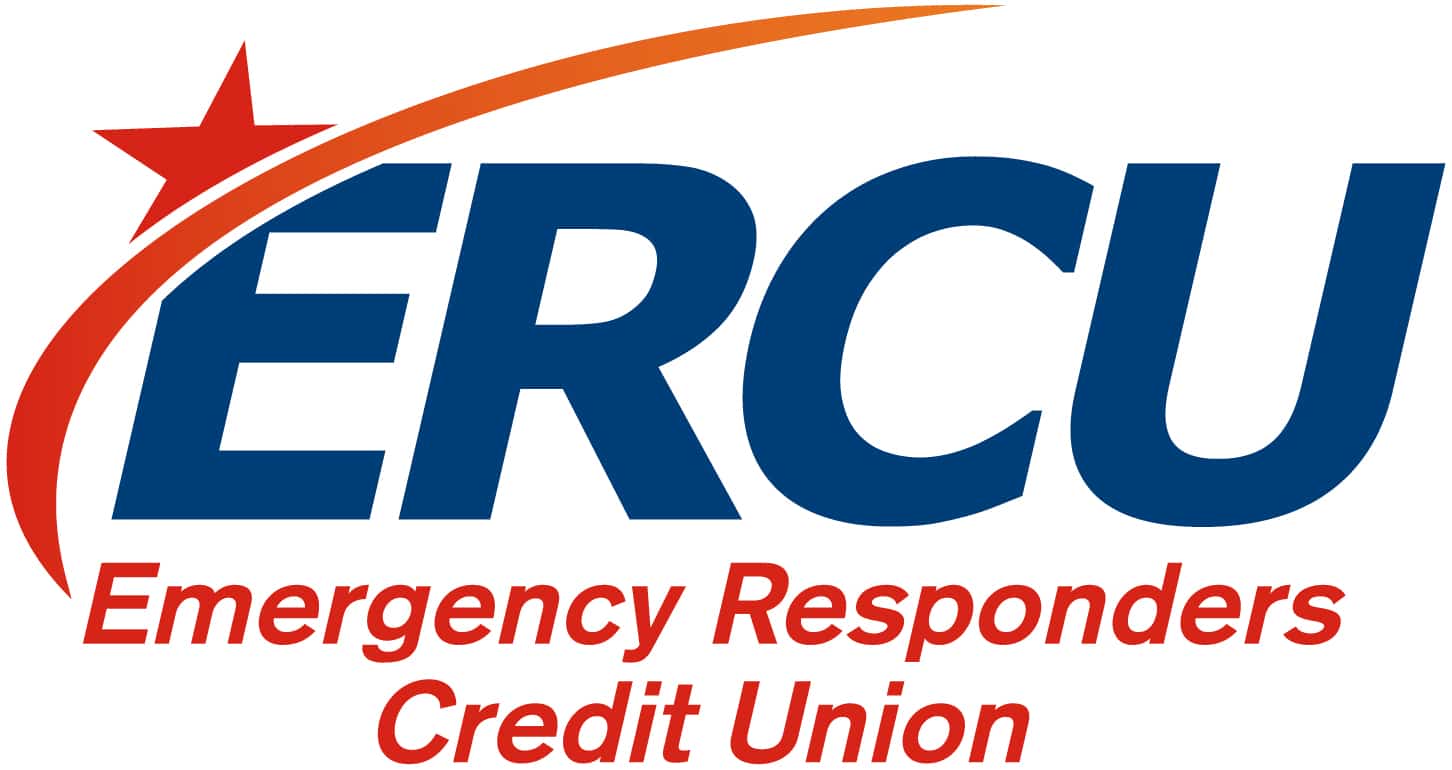Tips to Improve Your Credit Score

 Your credit score is a crucial financial indicator that plays a significant role in your financial life. It affects your ability to secure loans, credit cards, and even influences the interest rates you’ll be offered. A high credit score can open doors to better financial opportunities, while a low one can hinder your financial goals. Fortunately, there are steps you can take to improve your credit score. In this article, we’ll discuss some effective tips to help you boost your credit score and achieve your financial goals.
Your credit score is a crucial financial indicator that plays a significant role in your financial life. It affects your ability to secure loans, credit cards, and even influences the interest rates you’ll be offered. A high credit score can open doors to better financial opportunities, while a low one can hinder your financial goals. Fortunately, there are steps you can take to improve your credit score. In this article, we’ll discuss some effective tips to help you boost your credit score and achieve your financial goals.
Check Your Credit Report Regularly
The first step to improving your credit score is to review your credit report regularly. You’re entitled to one free credit report from each of the three major credit bureaus (Equifax, Experian, and TransUnion) every year. Take advantage of this by obtaining your reports and checking for errors or discrepancies. If you find any inaccuracies, dispute them promptly. Incorrect information on your credit report can drag down your score, so keeping it clean is essential.
Pay Your Bills on Time
One of the most significant factors influencing your credit score is your payment history. Late payments can severely damage your credit score, so it’s crucial to pay your bills on time. Set up reminders or automatic payments to ensure you never miss a due date. Consistently making on-time payments will have a positive impact on your credit score over time.
Reduce Credit Card Balances
Another crucial factor in your credit score calculation is your credit utilization ratio, which is the amount of credit you’re using compared to your total credit limit. Ideally, you should aim to keep your credit utilization below 30%. If your balances are higher, focus on paying down your credit card debt. Reducing your balances will lower your credit utilization ratio and improve your credit score.
Avoid Closing Old Credit Accounts
The length of your credit history also matters when it comes to your credit score. Closing old credit accounts can negatively impact your credit score because it shortens your credit history. Even if you no longer use a credit card, consider keeping the account open to maintain a longer credit history, which can benefit your credit score in the long run.
Don’t Open Too Many New Credit Accounts
While having a mix of credit types can be beneficial for your credit score, opening too many new credit accounts in a short period can be seen as a red flag. Each time you apply for credit, a hard inquiry is made on your credit report, which can slightly lower your score. Be strategic about opening new credit accounts and only do so when it’s necessary.
Become an Authorized User
If you have a family member or friend with a good credit history, you may consider becoming an authorized user on one of their credit card accounts. This can help improve your credit score by including their positive payment history on your credit report. However, be cautious when using this strategy, as any negative activity on the account can also affect your credit.
Build a Solid Payment History
If you’re just starting to establish credit or have a limited credit history, consider opening a secured credit card or a credit builder loan. These financial products are designed to help individuals build or rebuild their credit. Making on-time payments on these accounts will gradually improve your credit score over time.
Negotiate with Creditors
If you’re struggling to make payments on existing debt, don’t hesitate to reach out to your creditors and discuss your situation. Many creditors are willing to work with you to create a repayment plan or even negotiate a settlement. Avoiding default and working out a solution can prevent further damage to your credit score.
Be Patient
Improving your credit score is a gradual process, and it won’t happen overnight. It requires consistent, responsible financial behavior over time. Be patient and stay committed to the tips mentioned above, and you’ll see your credit score improve over time.
Your credit score is a valuable financial asset that can significantly impact your financial well-being. By following these tips and maintaining responsible financial habits, you can steadily improve your credit score and open up more opportunities for your financial future. Remember that building and maintaining good credit is a long-term endeavor, so stay focused and committed to your financial goals.
